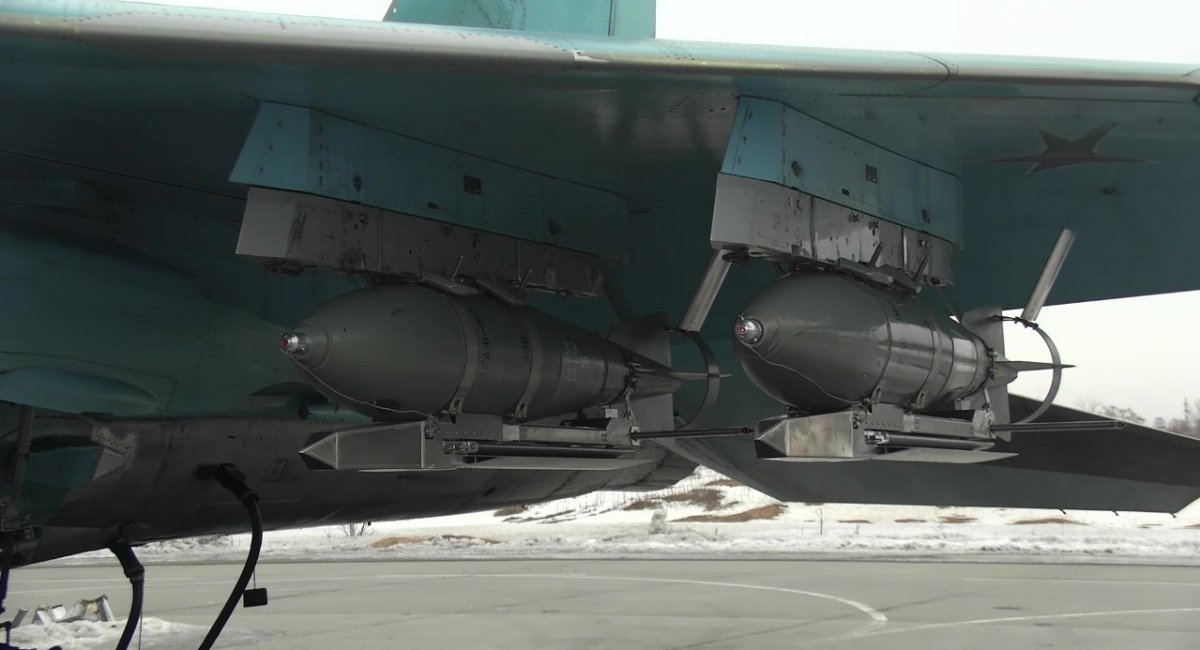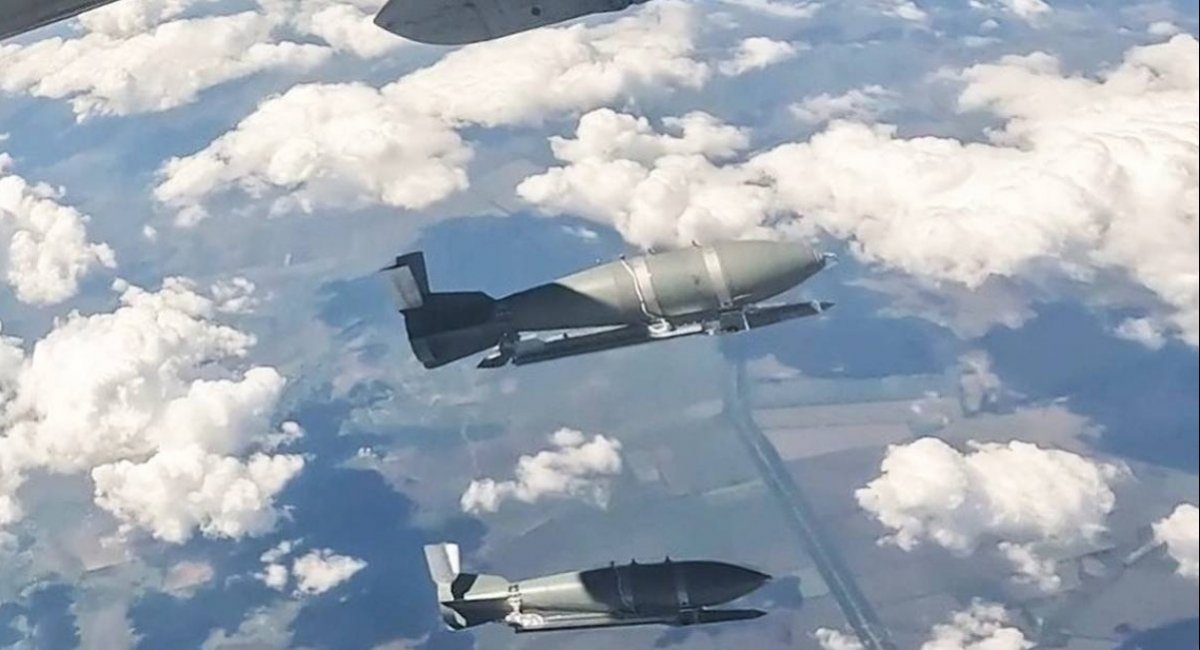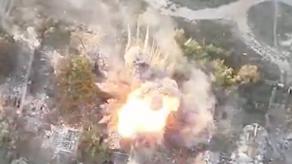NATO tested means to counter russian guided glide bombs (FAB-type air-dropped bomb equipped with UMPK unified gliding and correction module), or so-called guided aerial bombs. It is expected that they will strengthen Ukrainian air defense by the end of 2025.
The solution was developed with the participation of three startups: Alta Ares (France), ATREYD (France), and TYTAN Technologies (Germany), each of which contributed its components to the final multilayer air defense system. Moreover, we are not only talking about the fight against guided aerial bombs, but also about protection against other threats, such as, for example, Shahed-type strike UAVs.
Read more: Six European Nations to Jointly Procure CV90 IFVs: What Does This Mean for Ukraine?

All this is being implemented under the auspices of the NATO Innovation Challenge project, which became known in early February 2025. Already in April, the three previously mentioned participants were identified, who continued to work on the tasks set.
The tests were held under the auspices of a coalition that included NATO Allied Command Transformation, the Joint Analysis, Training and Education Center, and the French Direction Générale de l’Armement (DGA) defense procurement agency. Representatives of the Ministry of Defense and the Armed Forces of Ukraine also participated.

The various integrated systems that were proposed were tested in difficult conditions at the DGA range. For several days, advanced sensor systems, dynamic control technologies, and innovative methods of conducting combat operations against simulated and real targets were evaluated.
As a reminder, Alta Ares demonstrated a system for detecting, identifying and predicting the flight path of glide bombs. The other two participants, ATREYD and TYTAN Technologies, presented solutions based on anti-aircraft drones, with the latter's proposal relying on a swarm of kamikaze drones to form a "wall of drones".
Neutralizing Glide Bombs: An Innovation Challenge to support UkraineOn March 27, 2025, at @NATO_JFTC (Bydgoszcz, Poland), #NATO gathered military experts, innovators, and Ukrainian reps to tackle a major threat: glide bombs, a scourge on Ukraine’s frontlines.Led by @NATO_ACT,… pic.twitter.com/M1X7esNELJ— NATO Supreme Allied Commander Transformation SACT (@NATO_SACT) March 31, 2025
According to a NATO press release "the campaign successfully demonstrated the feasibility of a multi-layered defence approach" and identified specific improvements for the proposed solutions. The participating companies are required to improve their systems, with the most critical issues to be resolved in the coming weeks and months.
While plans for further tests are being drawn up, some of the solutions are already being prepared for implementation. It is stated that the Ukrainian delegation envisages the deployment of the initial capabilities of such air defense by the end of 2025.
The task of combating russian glide bombs occupies a critical place on today's battlefield. Thanks to these means, enemy aircraft can strike at positions of the Ukrainian Defense Forces without the need to enter the air defense zone.
The ability to resist guided aerial bombs will save more lives of Ukrainian military personnel, as well as increase the effectiveness of defense fortifications. In view of this, a new solution to this problem was already needed "yesterday".

Another critical issue discussed today is countering kamikaze drones on fiber optics. Accordingly, within the framework of the next Innovation Challenge, NATO will seek means to combat them and tests are already underway.
Read more: Ukrainian Patriots, F-16s, and Mirages to Join NATO's "Military Wi-Fi" Network via Link-16 Integration














